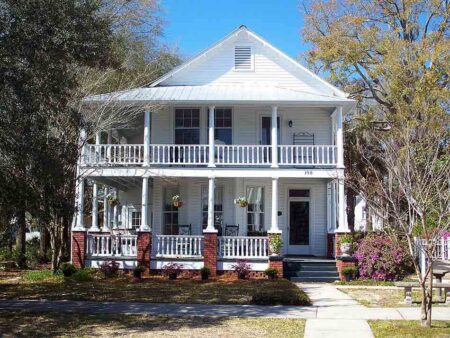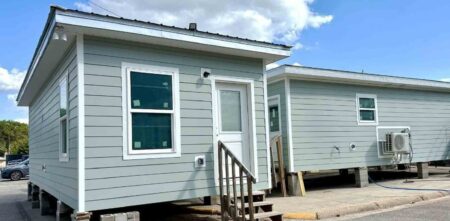Pecan trees are well adapted to our area, making beautiful large shade trees. And, if the correct varieties are planted, they can provide pecans.
In today’s article, I’ll provide much of the basic information needed when selecting and planting pecan trees in North Florida. Some of the information is taken from an article written by Dan Mullins, retired UF/IFAS Extension Agent from Santa Rosa County.
Only those pecan varieties that show some real resistance to disease problems are recommended for planting here in the humid south. Select grafted trees of Desirable, Curtis, Elliott, Moreland or Stuart varieties.
Obtain and plant your pecan trees during the winter; December through February. Purchase trees that are three to six feet tall. Larger trees are more difficult to transplant.
Give pecan trees plenty of room to grow. The distance between trees should be approximately sixty feet because mature trees are quite large. Commercial producers sometimes use a closer spacing, primarily because they are using varieties that will bear at an earlier age. But most of those varieties do not have good disease resistance and still require pesticide spray at times. Homeowners will not have the needed equipment to spray a large pecan tree and the drift from such spays would not be desirable around your home, so these varieties aren’t recommended for home plantings.
One of the keys to survival of a pecan tree is not allowing the root system to dry out before, during or after transplanting. Regular watering will be required for a period of at least six months or until the young free is well established. The planting hole should be 18 to 24 inches wide and only as deep as the root system. Spread the roots so they are not matted together. The planting depth is critical. Place at such a depth that the uppermost root is at or near the soil surface. Excessively deep planting can result in eventual death of the tree.
When planting your tree, there is no need or advantage to using peat moss, compost, manure or other organic matter in the planting hole. Plant the tree in the native soil without amendments.
Do not fertilize when the tree is planted. Wait until May of the first year after planning to apply fertilizer.
Remember that pecan trees are large at maturity, with branches spreading 30 feet or so from the trunk. Also, because of the brittle limbs and failing nuts, it’s best not to plant these trees too near the home, driveway or sidewalk.
Larry Williams, UF/IFAS Extension Agent, Okaloosa County, January 7, 2016




